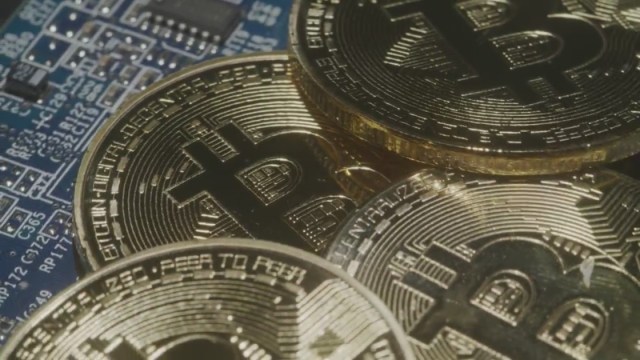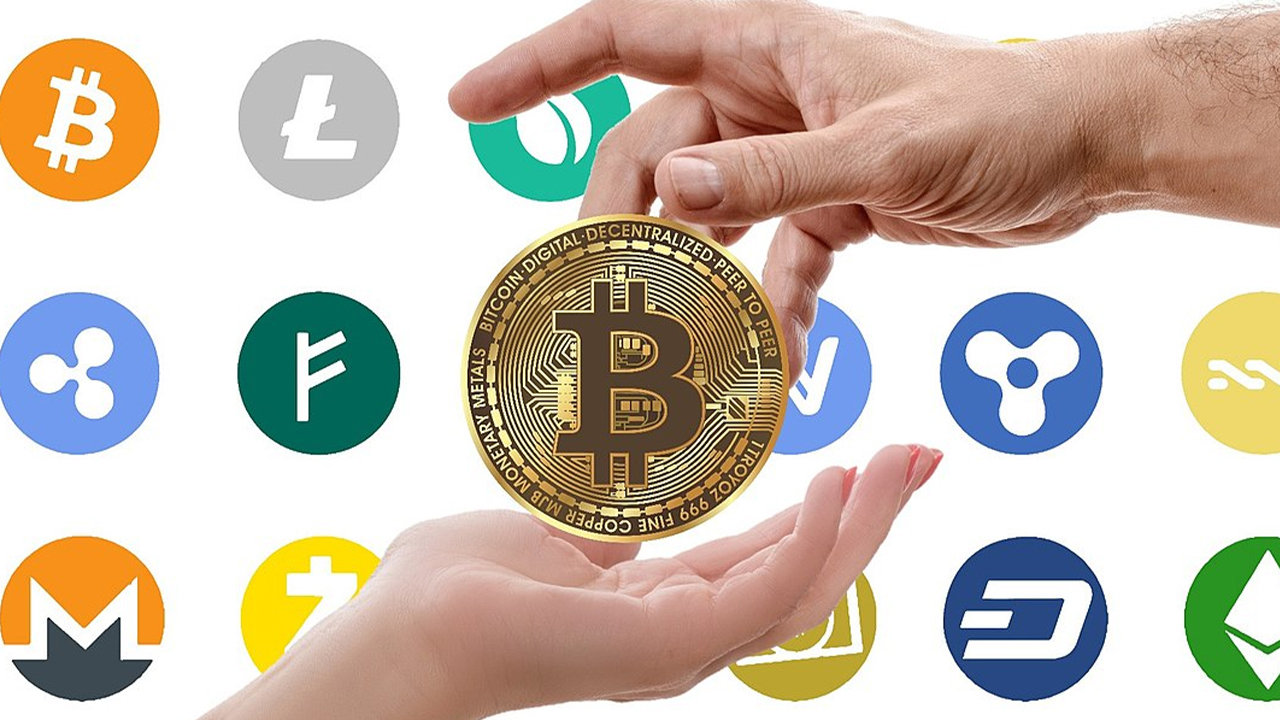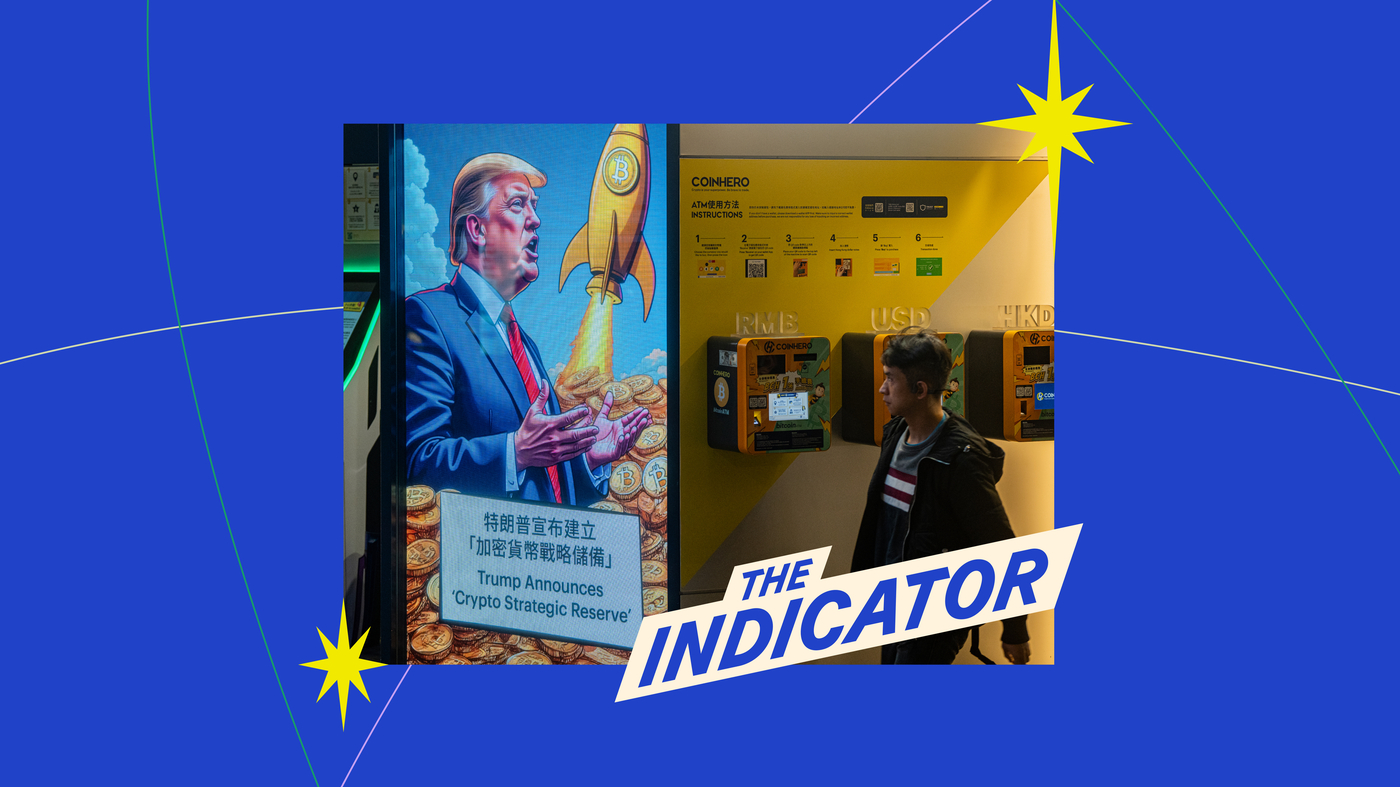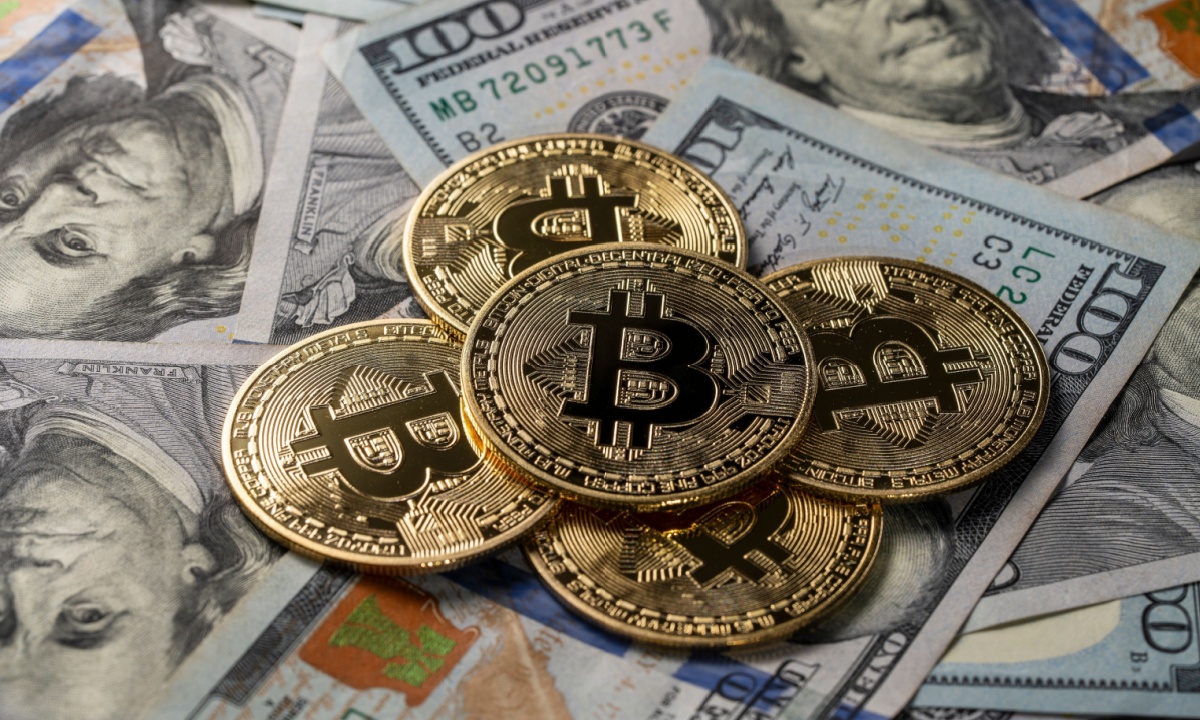Crypto Crossroads: Pritzker's Bold Move Ignites Regulatory Showdown in Illinois

Illinois Poised to Reshape Digital Currency Landscape with Controversial New Legislation
In a bold move that could significantly impact the burgeoning cryptocurrency sector, Illinois is considering two comprehensive digital currency bills that proponents claim will enhance consumer protection. However, critics argue these regulations might inadvertently stifle innovation in one of the most dynamic economic sectors of our time.
The proposed legislation aims to establish stricter oversight and safeguards in the rapidly evolving world of digital currencies. While supporters emphasize the bills' potential to shield consumers from potential financial risks, technology and blockchain experts warn that overly restrictive measures could discourage technological advancement and entrepreneurship.
These bills represent a critical moment for Illinois, as the state attempts to balance consumer safety with the need to foster technological innovation. The cryptocurrency industry, known for its rapid growth and transformative potential, could face significant challenges if these regulations are implemented in their current form.
As the debate intensifies, stakeholders from tech industries, financial institutions, and consumer protection groups continue to voice their perspectives, highlighting the complex landscape of digital currency regulation.








